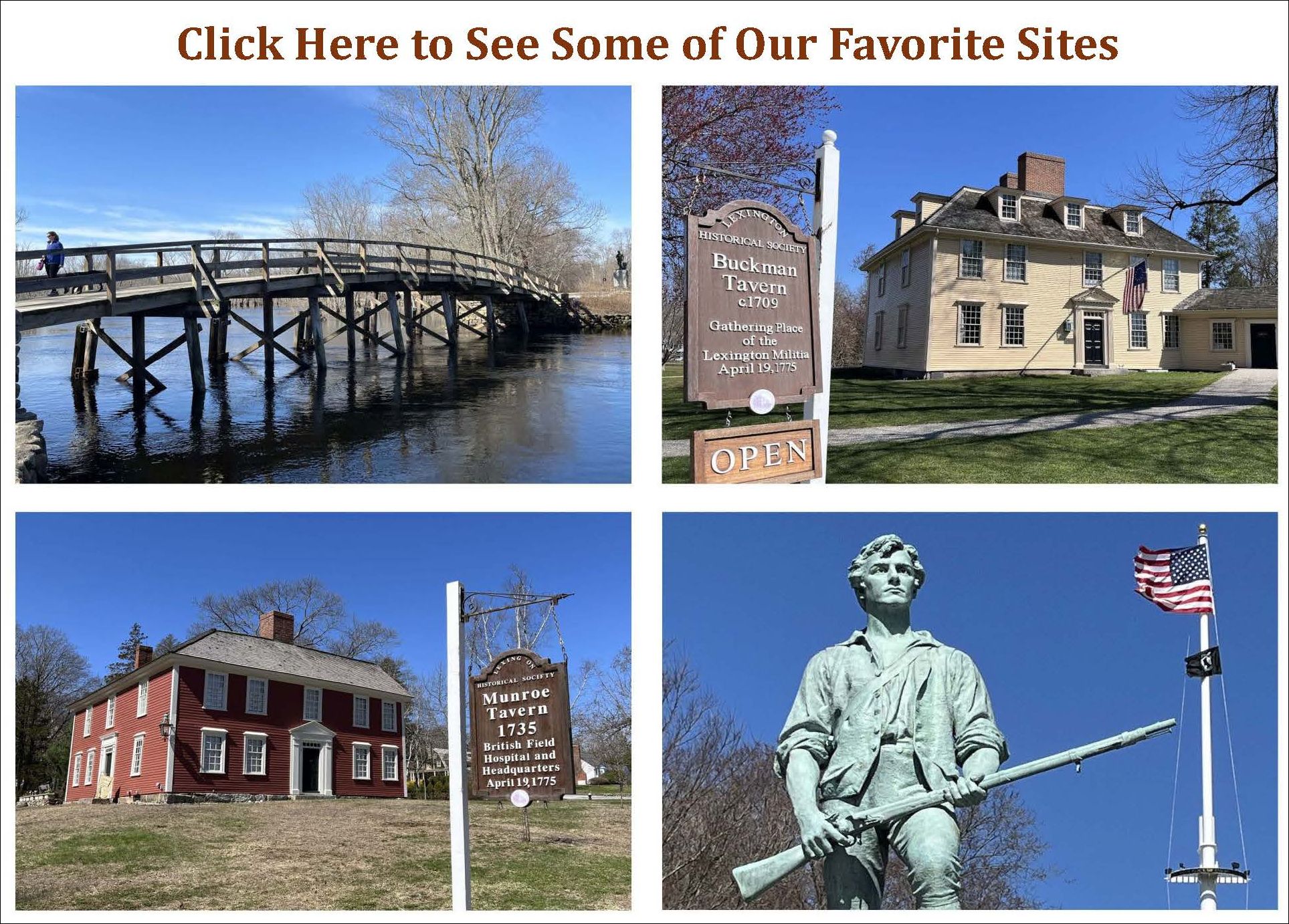April 2025
Editor's Note: Rick Atkinson is a Pulitzer Prize-winning historian and winner of the prestigious George Washington Book Prize for The British Are Coming: The War for America, Lexington to Princeton, 1775-1777, in which portions of this essay appeared. Mr. Atkinson's most recent book, published this month, is The Fate of the Day The War for America, Fort Ticonderoga to Charleston, 1777-1780, the second book of his trilogy on the Revolution.
Editor's Note: Michael Ruderman is an author who frequently lectures on New England history to community groups and historical societies. He earned a degree in history at Harvard College.
It was planned as a simple expedition to Concord “to arrest and imprison the principal actors & abettors in the Provincial Congress.” But the raid became a day-long running battle as nearly four thousand Colonial troops from across eastern Massachusetts confronted 1,700 Royal infantry and marines retreating back to Boston.
What transpired in the town of Menotomy along the way shocked participants on both sides of the fighting. Today the name of Menotomy is little remembered outside its location in Arlington, Massachusetts. It appears as a footnote, if cited at all, in standard histories of the American Revolution. Most modern studies focus on the outbreak of the war itself and give it just a few paragraphs. There isn’t a Menotomy town green or common to visit today; technically, Menotomy’s common was four miles to the east, in the heart of its mother town of Cambridge.
Editor’s Note: One of the leading historians of the American Revolution and Founding era, John Ferling is a professor emeritus at the University of West Georgia and the author of two dozen books. His most recent is a major, global reappraisal of the Revolutionary War on its 250th Anniversary, Shots Heard Round the World: America, Britain, and Europe in the Revolutionary War, from which portions of this essay were adapted.
America’s Revolutionary War might have been avoided, but it wasn’t, and the American insurgency might have been crushed within a year or so of fighting, but it wasn’t. What began as a civil war within the British Empire continued until it became a wider conflict involving nations in Europe and affecting peoples and countries far from Great Britain and North America. Long after the soldiers laid down their arms, future generations in America and in distant corners of the world were touched — sometimes favorably, sometimes adversely — by the American Revolution and the fallout from its war.

